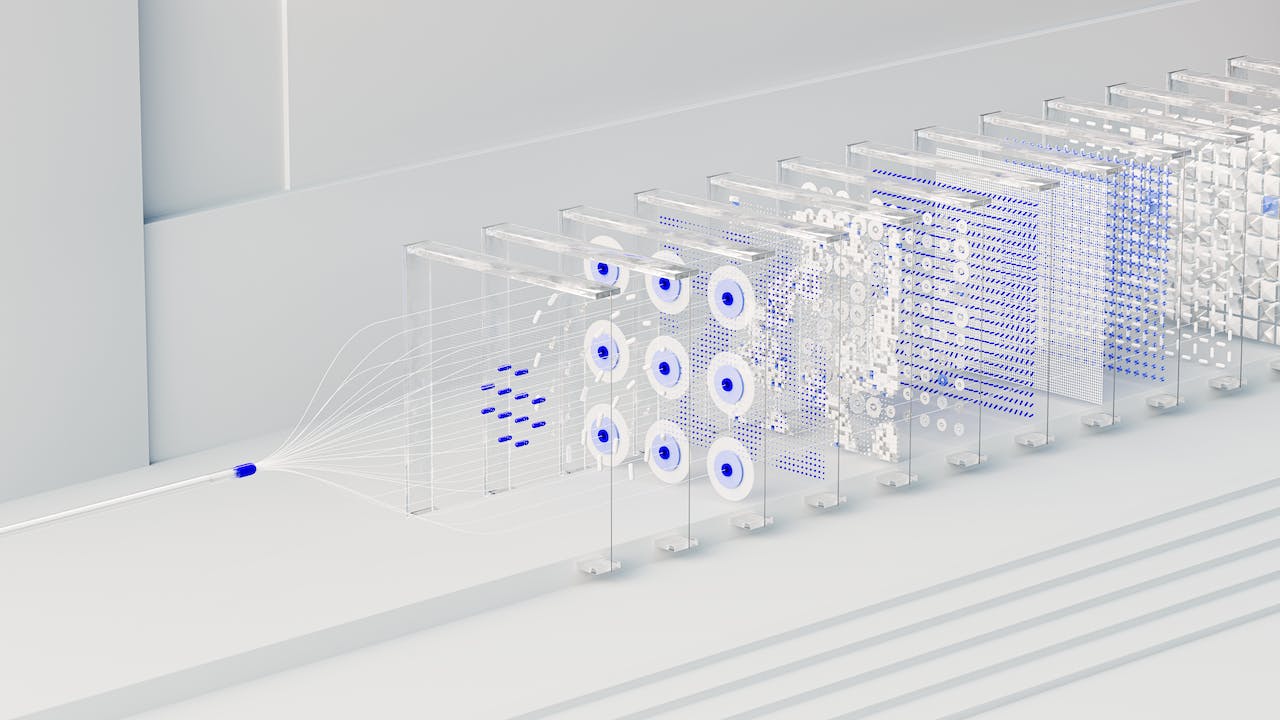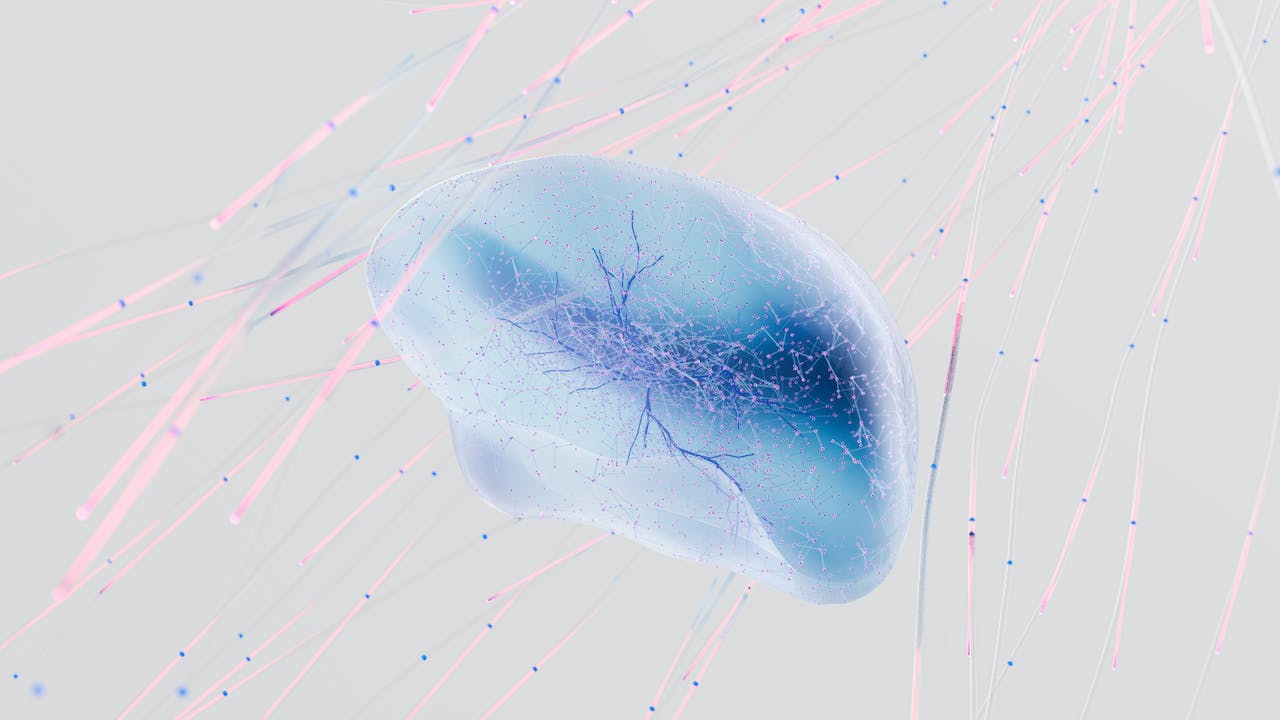Knowledge Management Flows and Processes

Among the many aspects of Knowledge Management (KM), the processes and flows of knowledge and information is an important one that requires a strong understanding for any KM endeavor.
In this article, we will develop further our understanding of these two components: processes and flows.
Processes in Knowledge Management
We define three main processes in Knowledge Management:
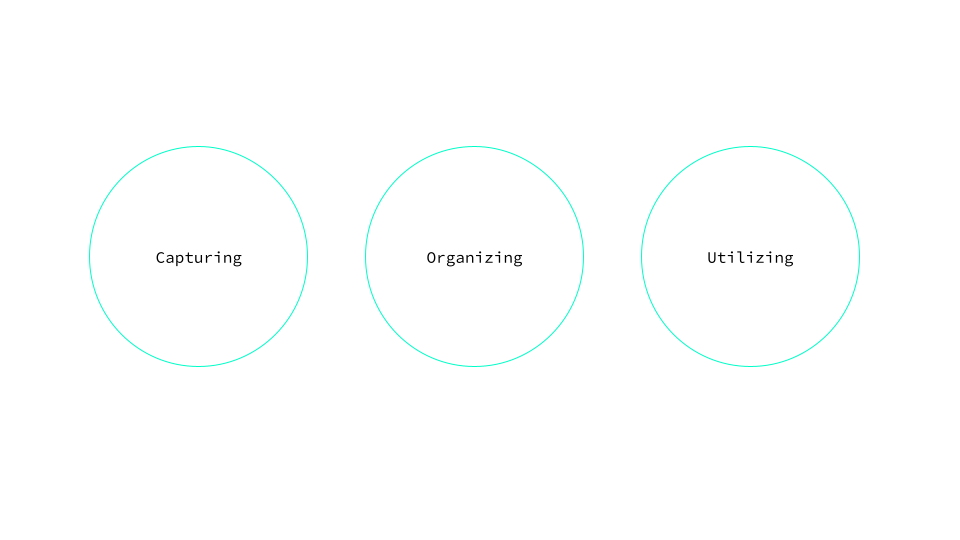
- Capturing or Knowledge Integration: the action and the tools used to integrate knowledge. How to capture knowledge?
- Organizing or Knowledge Classification or Categorization: Organize knowledge in a structured, semi-structured or unstructured fashion. This is where we will answer the question: what is the state of our knowledge: Obvious ,Chaotic, Complicated or Complex?
- Utilizing or Knowledge Retrieval: Find what we are looking for, but also more and more understand the intent of a search. How is the searchability of you knowledge? What is a user looking for?
Between these three processes, we can denote two main flows of knowledge or information, a natural and a systemic flow. Sometimes both intertwined.
Knowledge Flows and Workflows
Between capturing knowledge and utilizing it, there are different flows, or workflows, that come at play.
First, the natural flow of information or knowledge: the simple principle that information or knowledge has to be captured to be utilized.
Second, a systemic flow of information or knowledge that appears when knowledge grows: what our brain does systemically with new information or knowledge: it tries to organize it. For that matter, it will use existing knowledge to improve its integration and envision how it will use it to organize it, somehow like using feedback loop to improve.
Let’s start with understanding the first one.
Natural Flow of Knowledge
The natural (or human?) flow of knowledge around these processes goes from Capture, or Integrate (on the left) to Utilize, or Retrieve (on the right).
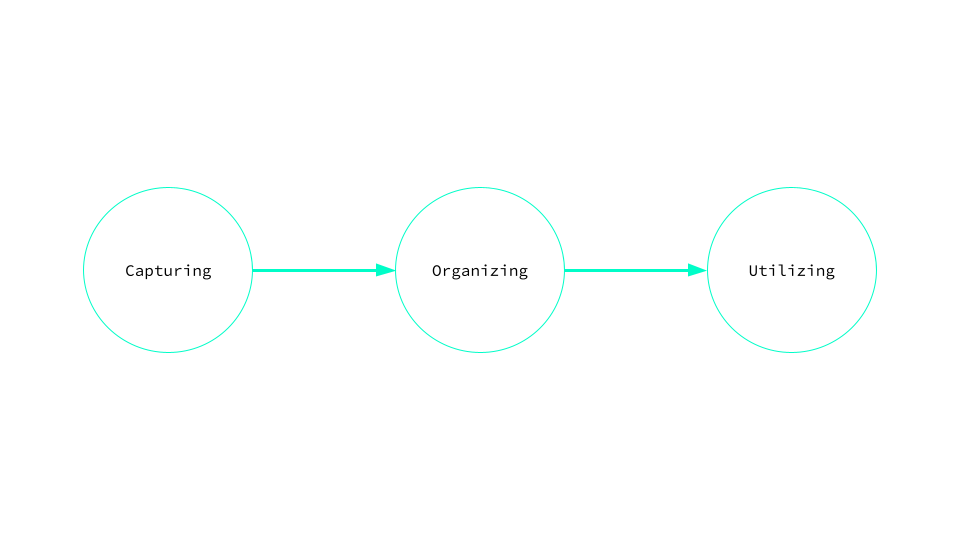
Before anything else, we must capture knowledge. We cannot use something we don’t have. Then, naturally, or systemically, our brain will try to organize, categorize or classify things, new information or knowledge in order to remember it and to use it properly.
Systemic Flow of Knowledge or Feedback Loops
Knowledge systems will tend to ensure and implement feedback loops. What Data Science, Machine Learning and AI are very good at doing.
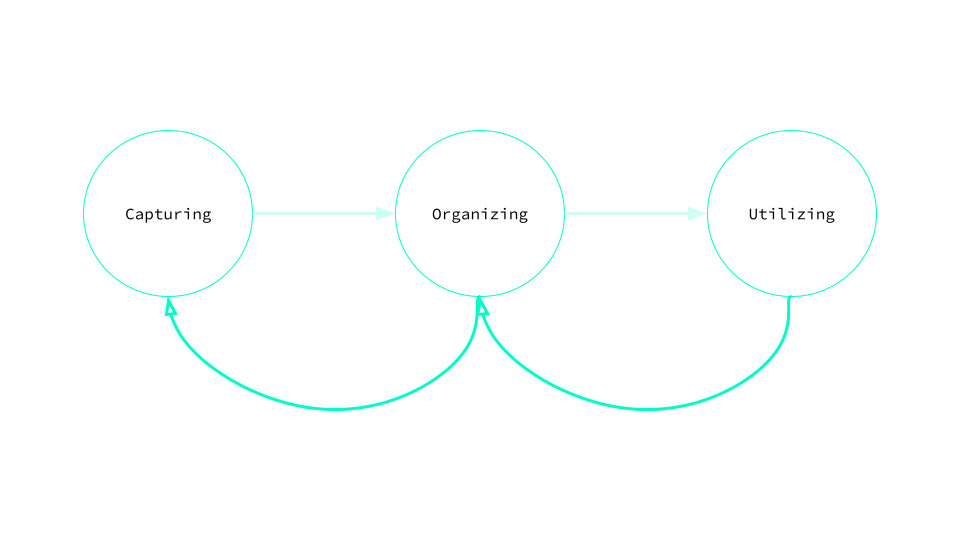
The way we use and organize things better defines how we should respectively organize and capture them. In practice: use knowledge on things to organize them and organize things things to capture them.
We will dig deeper into these processes and flows in later article, stay tuned and in the mean time…
